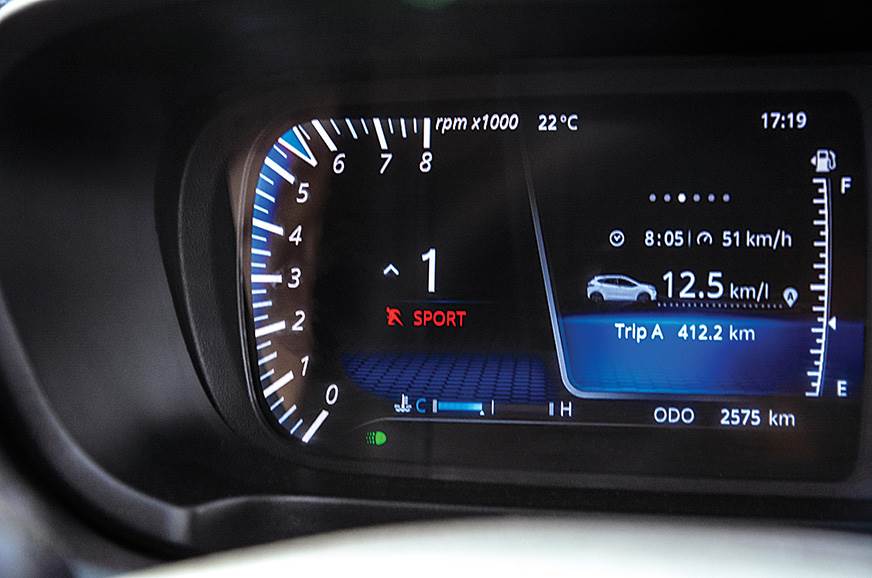Tata Altroz iTurbo review, road test
Is the new turbo-petrol the engine the Altroz always deserved?
Published on Mar 21, 2021 07:00:00 AM
70,812 Views
Shared with the Tata Nexon, the Altroz iTurbo is powered by a three-cylinder, 1,199cc turbocharged petrol engine (codename: 1.2 NGTC) that uses indirect or port injection. In this hatchback, the engine produces 110hp and 140Nm of torque, and comes mated to a five-speed manual transmission. So why did Tata simply not opt for the Nexon’s 120hp, 170Nm tune and pair it with the six-speed manual instead? Sources from the development team cite packaging challenges which led to this move. It was discovered that in the Altroz, the six-speed manual gearbox’s casing fouled with the air cleaner ducting, and addressing this challenge warranted a significant re-engineering exercise. As a result, the development team opted for a more viable solution – pairing the iTurbo with the TA65 five-speed manual instead, and because this unit has a low torque rating, detuning the engine became imperative.
This three-cylinder engine has a rather shaky start-up, and mild vibrations transmit through the cabin at idle, although these smoothen out on the move. Right off the bat, this engine feels sprightlier and more potent compared to its naturally aspirated petrol counterpart. Its performance is concentrated at low revs, hence the iTurbo feels at ease while ambling around town. And adding to its responsiveness further is its short gearing, which negates turbo lag to a great extent.

Spin this motor beyond 2,500rpm, however, and the Altroz steps outside its comfort zone. The on-boost mid-range punch feels quite meek, and it builds speed in a lazy manner. Just like in the Nexon, power delivery is quite inconsistent across the rev range, and it doesn’t enjoy being spun hard either, with revs maxing out at 5,500rpm. The thrum from the three cylinders gets quite vocal as the revs climb, and at higher revs the engine feels strained, coaxing you to adopt a sedate driving style. Quick overtakes on the highway aren’t as effortless as its rivals, and these require some planning and a fair bit of rowing through the gears to execute the manoeuvre. Its five-speed manual isn’t particularly enjoyable or smooth to operate either, often needing firm shoves to slot into gates.
Unlike the normal Altroz which gets a City and an Eco mode, the iTurbo features a Sport and a City mode. The difference in terms of performance between these two modes is significant; as an example, the sprint from 0-100kph takes 12.82 seconds in Sport and a rather lethargic 15.83 seconds in City mode. Even rolling acceleration through the gears reveals a similar result, with a greater, more prominent difference in the higher gears between the modes. Performance aside, the on- and off-throttle behavior in City mode can get very jerky, although these smoothen out to an extent in Sport mode, hence the latter is the mode of our choice.
View its performance in the light of its competitors and in a sprint from 0-100kph, the Altroz iTurbo (12.82 seconds) trails the Hyundai i20 Turbo (11.21 seconds) and the Volkswagen Polo TSI (9.97 seconds) by a fair margin. Even in a rolling race from 40-100kph in fourth gear, the iTurbo is considerably slower than its direct injection rivals, taking 17.30 seconds; the i20 on the other hand clocks 12.39 seconds, almost 5 seconds less, whereas the Polo completes the run in 14.73 seconds, which is around 2.5 seconds quicker than the Tata.
Related Images
Related Videos
Copyright (c) Autocar India. All rights reserved.

